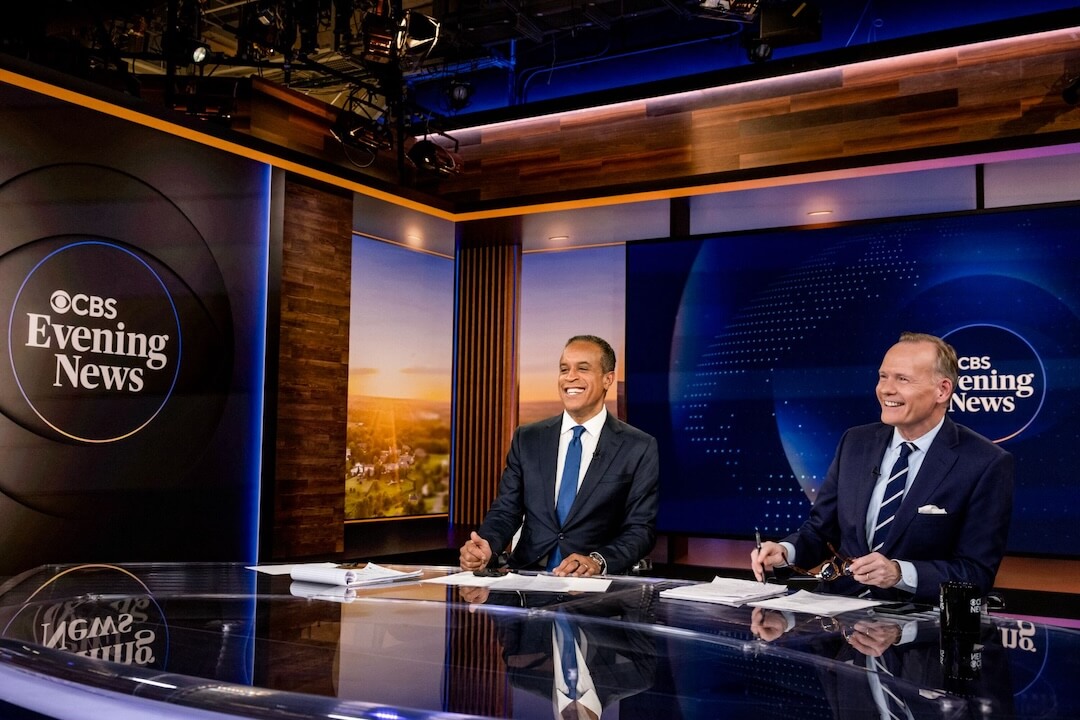Editors at India’s The Hindu asked staffers to “exercise restraint while tweeting or sharing news stories from other competing news publications,” Vidhi Choudhary reports in Mint.
“We need particularly to ensure that in our enthusiasm and urge to participate in an on-line discussion or debate, we do not end up doing a favour to the competition,” the note from Managing Editor P. Jacob and Senior Managing Editor V. Jayanth reads.
Hindu Editor-in-Chief N. Ravi told Choudhary the guidance was “in line with the social media policies of other international media organizations like The Wall Street Journal, The New York Times, Reuters among others.” Mint notes the Journal, with which it has an exclusive content-sharing partnership in India, “actually doesn’t prohibit its reporters from sharing or retweeting stories by journalists in other media organizations.”
The New York Times doesn’t have a formal social media policy; “in general our message is that people should be thoughtful,” standards editor Phil Corbett told Poynter in 2012. Reuters says the intention of its social media policy is “not to muzzle anyone“:
Journalists are people too, with all the rights of citizens. If we want to tweet or post about a school play, a film or a favorite recipe, we are free to do so.
Poynter’s Ellyn Angelotti wrote last July about ways to create effective social media policies; “overreaching rules can stifle speech and creativity, harm morale and even expose your organization to legal trouble,” she said. Sam Kirkland wrote this summer about news organizations that consider retweets to be endorsements.






Comments